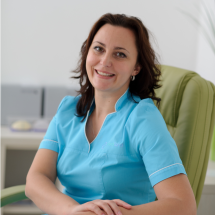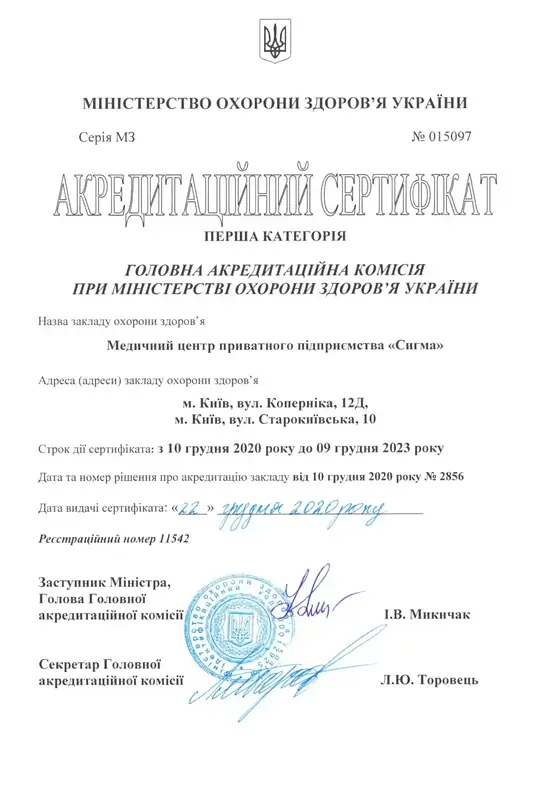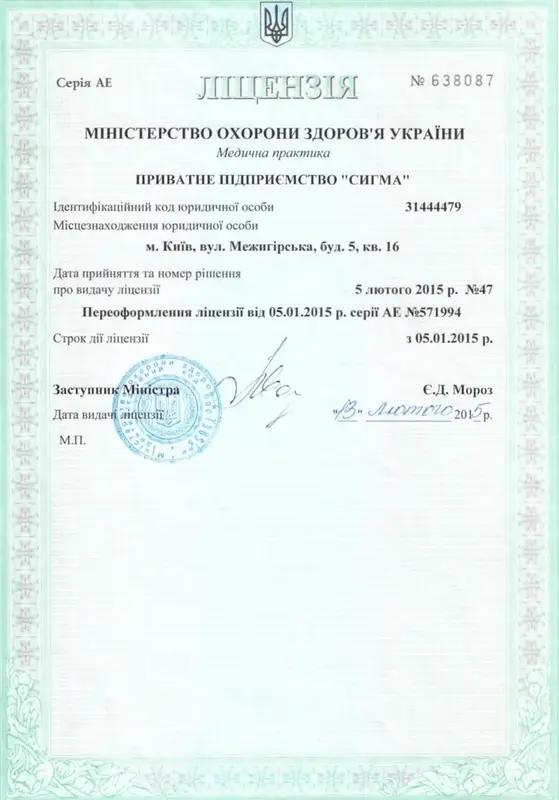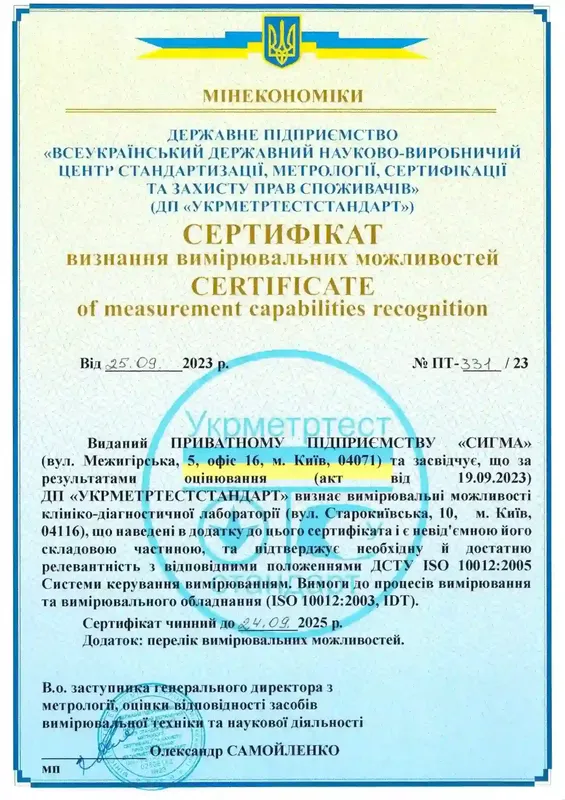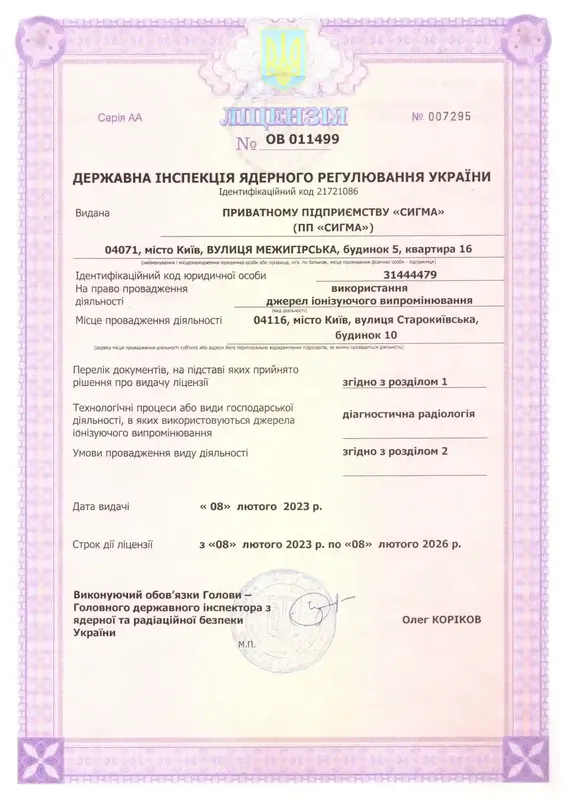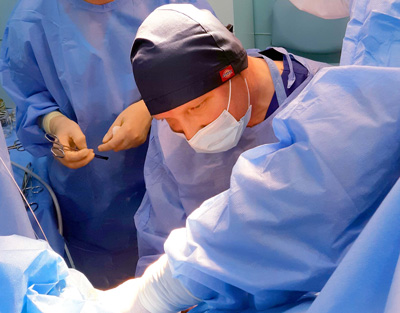
Both pathologies are localized in the lower parts of the small and upper colon, however, NUC directly affects the part where inflammation has formed, at the same time as Crohn's disease causes changes throughout the entire digestive system, even in the oral cavity.
Both pathological conditions cause anatomical changes in the inner part of the intestinal mucosa, which is accompanied by the formation of granules, cuticles, which adversely affect the digestive process. In addition, there is local inflammation, which entails pain and symptoms of intoxication of the body.
The causes of UC and Crohn's pathology can be considered the reaction of human immunity to various foreign agents, such as viruses or bacteria, as well as one of the factors is a genetic predisposition to these diseases. According to the results of recent studies, it was proved that environmental factors also have a great influence on the development of Crohn's disease, and the pathology of nonspecific ulcerative colitis. Scientists have given a special place in the etiology of these diseases to the diet and physical exertion.
Symptoms of Crohn's disease and UC:
- strong pain of a different nature in the abdomen;
- diarrhea and dehydration;
- massive weight loss;
- vomiting and nausea;
- fever, as a consequence of the inflammatory process in the body;
- rectal bleeding;
- In some cases, affects the joints and skin.
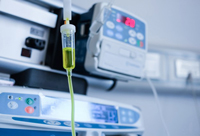
Conservative treatment
Doctors use different approaches to the treatment of these diseases: the constant observance of dietary nutrition, symptomatic drug treatment methods and, of course, surgical intervention.
With the conservative treatment of UC and Crohn's disease, several groups of drugs are used to eliminate the processes of autoimmune inflammation in the wall of the colon. These are salicylates, hormones, cytostatics and monoclonal antibodies.
New forms of drugs have a high selectivity of pharmacological effects to the body; as a result it’s possible to achieve a high concentration of drugs directly in the inflamed area with minimal amount of side effects.
In addition to specific treatment of ulcerative colitis and Crohn's disease, correction of all associated disorders and secondary disorders caused by the disease is highly important.
Costs for examination and treatment range depending on the form of the disease.
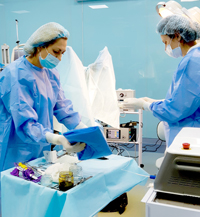
Surgical treatment of IBD
Surgery for UC is performed only with the ineffectiveness of conservative treatment and is to remove the colon. The result of this operation can be the formation of a lifelong ileostomy or the formation of an artificial reservoir from the loops of the small intestine, which reduces the number of bowel movements to 4-7 per day. Removal of the colon, as the substrate of the disease, provides a complete cure. In the future, patients do not need conservative therapy.
With complications of UC (perforation, etc.), when there is hope for the effectiveness of conservative treatment in the long term, the colon is not removed, and only one or another complication is eliminated.
The term of hospitalization is 10-12 days.
Disability period – 1 month.
Approximate costs for such treatment are 1600–2200 euros, depending on the severity of the patient’s condition and the method of operation.


